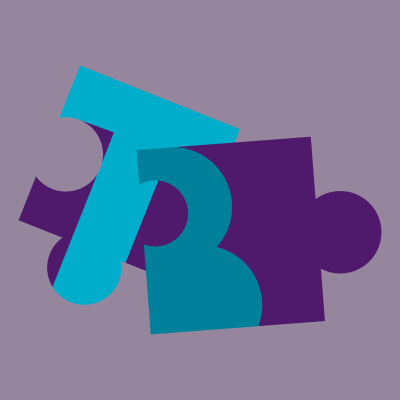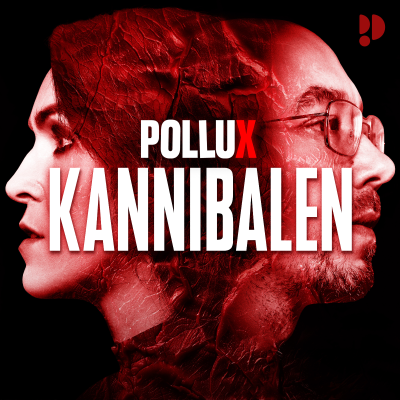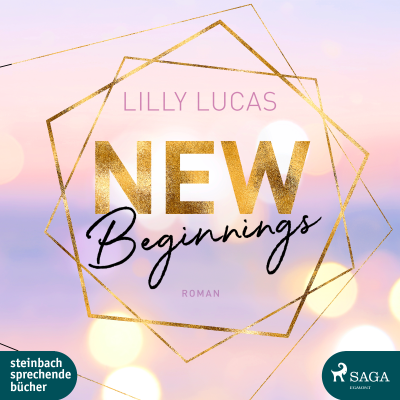
Höre Testing Bias
Podcast von Andy Tinkham, Ian Bannerman
Thinking past the simple answers to the myths and methods of software testing.
Kostenlos testen für 30 Tage
4,99 € / Monat nach der Testphase.Jederzeit kündbar.
Alle Folgen
13 FolgenAndy and Ian pull open the idea that "anybody can test". What's behind the perspective? What's missed? * "Testing is easy, doesn't require a special skillset" * We hire testers without experience * Pay gap * Sub in non-testers to help, and they find bugs * Scripted, repeatable tests * Testing as a general word * Testing vs. Checking [http://www.satisfice.com/blog/archives/category/testing-vs-checking] (Bolton and Bach) * "Anybody can cook" * Testing to provide information * Whole team ownership * Specializing Generalists [http://www.angryweasel.com/ABTesting/?p=47] (AB Testing) * Testing does not require a tester role * What do teams value?
If you look at the Schools of Software Testing as tribes in the model of Arnold Kling's Three Languages of Politics, what would you find each tribe values? Andy leads a thought experiment to build awareness in value axes of the field. Show Notes: * Andy's Article in Testing Trapeze [http://www.testingcircus.com/testing-trapeze-2015-june-edition/] * The Schools of Software Testing * Four Schools of Software Testing (2004) (PDF) [http://www.testingeducation.org/conference/wtst_pettichord_FSofST2.pdf] by Cem Kaner, James Bach, and Bret Pettichord * The Structure of Scientific Revolutions [https://en.wikipedia.org/wiki/The_Structure_of_Scientific_Revolutions] by Thomas Kuhn * Principles of Context Driven Testing [http://context-driven-testing.com/] * The Debate at STPCon between Cem Kaner and Rex Black [http://context-driven-testing.com/?p=83] * The Three Languages of Politics by Arnold Kling * On Tribes, Motivated vs Constructive Reasoning, and the Three Axis * The podcast where Andy first heard about Kling's 3 laws of politics: Philosophy in Action #292 [http://www.philosophyinaction.com/blog/?p=13900] * The $1.99 ebook [http://www.amazon.com/dp/B00CCGF81Q] * Tribes in Testing * Factory/Standard, Consistency vs. chaos * Analytic, Correctness vs. randomness * Context-Driven, Context awareness vs. mindlessness * Quality/Control, Process vs. cowboy-ism * Agile, Whole-team quality responsibility vs. quality as an afterthought
Ian and Andy look for the value in test cases vs. other approaches to testing. Show notes: * Where is value perceived in test cases? * 'That's the way we do things.' (See also, Episode 3, Automated Testing Efforts [http://www.testingbias.com/episodes/3]) * A learning tool, capturing business knowledge * Repeatability and Boris Beizer's Pesticide Paradox, as framed by James Whittaker [http://googletesting.blogspot.com/2009/06/by-james.html] * Alternative Options? * Adjusting Test Case verbosity * James Whittaker's Exploratory Tours [https://msdn.microsoft.com/en-us/library/jj620911.aspx#bkmk_tours] * James and John Bach's Session-Based Exploratory Testing [http://www.satisfice.com/sbtm/index.shtml] * Charters [http://testobsessed.com/2006/04/rigorous-exploratory-testing/] * Rapid Reporter [http://testing.gershon.info/reporter/], the tool for session-based notes Andy blanked on * For exploratory testing with auditors, see Paul Carvalho's "Exploring in a Financial World" [http://media.wix.com/ugd/c47e45_b6979cb1d2a5774ef6217461ed27addf.pdf] in the April 2012 issue of Tea Time for Testers.
This week Andy and Ian challenge the idea that there is only one way to test an application. Good testing involves looking at the application through multiple lenses, such as requirements, risk, the "-ilities" and our own experience. Show Notes: * One way to test an application * Functional Testing via a Lens of Requirements * Lenses of Testing * Risk * Test Eye's Software Quality Characteristics (PDF) [http://thetesteye.com/posters/TheTestEye_SoftwareQualityCharacteristics.pdf] * A tester's experience * iOS Notes App [http://en.wikipedia.org/wiki/Notes_%29application%29] * Risk vs. Consequences * Flash Cards & Desks * The Art of Game Design [http://www.amazon.com/The-Art-Game-Design-Edition/dp/0692288872] * The Creative Whack Pack [http://www.amazon.com/Creative-Whack-Pack-Roger-Oech/dp/0880793589] * Software Testing Mnemonics [http://www.qualityperspectives.ca/resources_mnemonics.html]
In this episode, Ian thinks that process is annoying and wants to go rogue. Andy points out he's being selfish and there might be a reason. Discussion follows. Show Notes * The Monkey Experiment [http://skeptics.stackexchange.com/questions/6828/was-the-experiment-with-five-monkeys-a-ladder-a-banana-and-a-water-spray-condu] (apparently, not really a real experiment) * More on retrospectives [http://retrospectivewiki.org/index.php?title=Main_Page] * Jerry Weinberg's "It's always a people problem" is his Second Law of Consulting from his book, * Manager Tools podcast [http://manager-tools.com] (where Mark Horstman and Mike Auzenne talk about many great topics, including Mark's definition of conflict ("2 people living in the same county"))
Kostenlos testen für 30 Tage
4,99 € / Monat nach der Testphase.Jederzeit kündbar.
Exklusive Podcasts
Werbefrei
Alle frei verfügbaren Podcasts
Hörbücher
20 Stunden / Monat

































